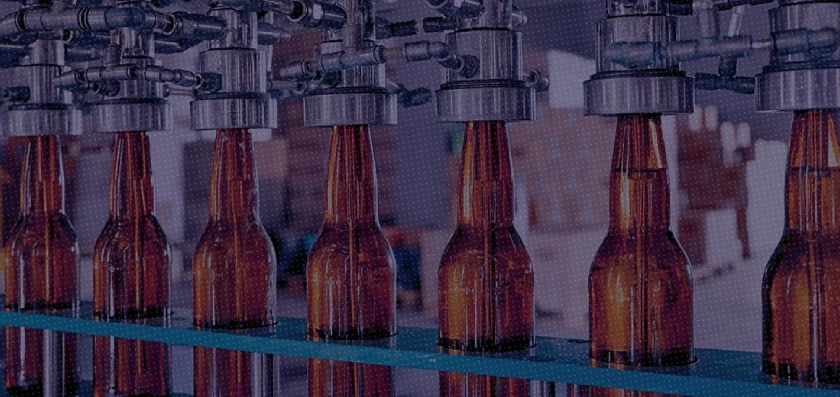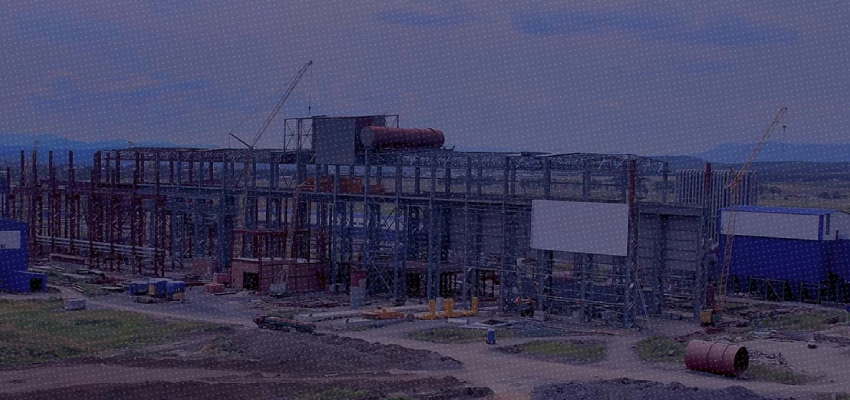In the recently concluded 53rd Meeting, the GST Council has made several recommendations towards achieving the objectives of the Government to simplify Goods and Services Tax into a good and simple tax. The Council has, inter-alia, provided substantial relief to cheer up the liquor industry.
Taxability of Extra Neutral Alcohol/rectified spirit (‘ENA’), a denatured alcohol that is predominantly used as a raw material for manufacturing of liquor for human consumption has been a bone of dispute between the Centre and the State(s), while the former claiming that supply of denatured alcohol is exigible to GST and the latter claiming that States are exclusively empowered to levy VAT on ENA, leading to a situation of dual levy in the form of GST as well as Value Added Tax (‘VAT’). Several States have issued Notifications to bring ENA within the purview of levy of VAT. This resulted in several representations from the liquor industry to clarify the taxability of ENA under GST.
The GST Council in its 20th meeting discussed the taxability of ENA under GST at length. However, no consensus was achieved between the Centre and State over its taxability, and the Council suggested to obtain the legal Opinion of Attorney General of India regarding the taxing jurisdiction of the Centre and States(s) on supply of ENA used for manufacturing alcoholic liquor for human consumption, specifically in the light of the judgement of the Hon’ble Supreme Court in the case of Bihar Distillery v. Union of India reported at (1997) 2 SCC 727. The Attorney General opined that neither the provisions of the Constitution nor the decision of Bihar Distillery (Supra) bar the Centre and States to levy GST on supply of ENA used for manufacturing of liquor for human consumption.
This issue was again discussed in the 31st GST Council Meeting where the Council decided to maintain status quo unless the issue is finally decided by the Council. In the recently concluded meeting, the Council recommended amending Section 9 of the GST law to exclude levy of GST on ENA used for manufacturing of liquor for human consumption.
Here, it is imperative to discuss the constitutional provisions and the power of the Centre and the State(s) to levy tax on supply of ENA. As per Article 246(3) read with Entry 54 of State List of the Constitution, the power to levy tax on sale of alcoholic liquor for human consumption vests exclusively with the State. Similarly, Entry 51 of State List empowers the State Government to levy excise duties on alcoholic liquor for human consumption. Further, Entry 8 of State List empowers the State Legislature to make laws with respect to the production, manufacture, possession, transport, purchase and sale of intoxicating liquors.
Article 366(12A) of the Constitution defines ‘goods and services tax’ to mean any tax on supply of goods or services or both except taxes on the supply of alcoholic liquor for human consumption. Furthermore, Article 246A(1) empowers the Parliament and the Legislature of every State to make laws for levy of goods and services tax. In the exercise of this power, the Parliament and the Legislative Assembly of every State have enacted GST Act for levy and collection of tax on supply of goods and services excluding levy of GST on supply of alcoholic liquor for human consumption.
In the light of existing provisions, GST is not leviable on supply of alcoholic liquor for human consumption. The power to tax such liquor exclusively vests with the State Governments vide Entry 54 as well as Entry 8 of List II of the Constitution of India. Therefore, any alcohol for human consumption will not attract GST and will continue to attract the State levies.
The moot issue of dispute is whether ENA is an alcoholic liquor for human consumption so as to be exigible to VAT or state excise duty.
ENA is predominantly used as raw material for manufacturing liquor for human consumption which has high content of alcohol, making it unfit to be consumed as such without further processing. Reference can be made to the landmark decision of the seven-judge bench of Hon’ble Supreme Court in the case of Synthetics and Chemicals Ltd v. State of U.P. [(1990) 1 SCC 109], wherein the Court examined the term ‘alcoholic liquors for human consumption’ as specified in the then Entry 51 of List II of the Seventh Schedule and held that ‘alcoholic liquor for human consumption’ meant liquor which is capable of being taken by human beings as such as beverage or drinks. The Court also held that ‘intoxicating liquor’ meant only that liquor, which is consumable by human beings, effectively alcoholic liquor for human consumption. Accordingly, the Court held that States are not entitled to levy any impost on industrial alcohol which is not meant for human consumption.
In the case of State of U.P. v. Modi Distillery [(1995) 5 SCC 753], the Apex Court relied upon the judgment of Constitution Bench in the case of Synthetics and Chemicals Ltd. (supra) and held that the State can levy excise duty only upon alcoholic liquor fit for human consumption (when its manufacturing is complete) and not upon the raw material or input which is in the process of manufacturing to make it fit for human consumption.
In the light of the constitutional provisions and judicial precedents, it can be said that rectified spirit/ENA is not meant for human consumption, therefore, State(s) are not empowered to levy VAT and excise duty on such liquor.
However, it is interesting to note that in spite of the decision of the Seven Bench of the Apex Court, the lower benches of Apex Court have tried to differentiate the applicability of the Synthetics and Chemicals (supra) case. In the case of Bihar Distillery v. Union of India, the Division Bench of the Apex Court, inter-alia, held that the duties of excise on rectified spirit cleared/removed for the purposes of obtaining or manufacturing potable liquors shall be levied by the concerned State Government. The correctness of this decision was doubted in the case of Deccan Sugar & Akbari Co Ltd. v. Commissioner of Excise. The Three Judge Bench of the Apex Court reiterated that States are not empowered to levy excise duty on rectified spirit.
Therefore, Rectified spirit and ENA will not amount to alcoholic liquor for human consumption, thereby falling outside the ambit of the State to levy excise duty and VAT. Consequently, Rectified spirit and ENA will be taxable supplies under GST. This is the reason the Council has recommended for amendment for GST law to exclude ENA from levy of GST. The taxability of ENA from perspective of GST would get settled pursuant to amendment of GST laws. It needs to be seen whether such an amendment would be made prospective or retrospective. Further, in cases where the supplier has paid GST on such ENA, whether refund of GST paid would be available in case of retrospective amendment is yet to be seen.
Here, it is interesting to note that though the taxability of ENA used for manufacturing of alcoholic liquor would get settled from the perspective of GST, the same does not seem to get settled from the perspective of levy of VAT and excise duty. As noted above, States are empowered to levy VAT and Excise duty only on alcoholic liquor for human consumption, ENA does not qualify to be alcoholic liquor for human consumption, therefore, its taxability from the perspective of excise duty and VAT continues to be questionable.
The Allahabad High Court in the case of Jain Distillery Private Limited v. State of U.P. relying on the decision of Seven-Member Bench in the case of Synthetics and Chemicals [(1990) 1 SCC 109], quashed the notification proposing to levy VAT on ENA. Similarly, a view was taken by the Allahabad High Court with regard to levy of excise duty on ENA in the case of Radico Khaitan Ltd. Also, there are contradictory rulings regarding issuance of Form C for purchase of ENA to be used for manufacturing of alcoholic liquor for human consumption.
In the light of above, it can be said that the dispute regarding the taxability (under GST) of ENA used for manufacturing of alcoholic liquor for human consumption has been settled by the Council, however, the dispute with regard to its taxability from the perspective of levy of excise duty and VAT shall continue in the future unless the provisions of the Constitution are duly amended.
[The authors are Principal Associate and Partner, respectively, in Indirect Tax Advisory practice of Lakshmikumaran & Sridharan Attorneys, New Delhi]












